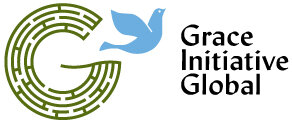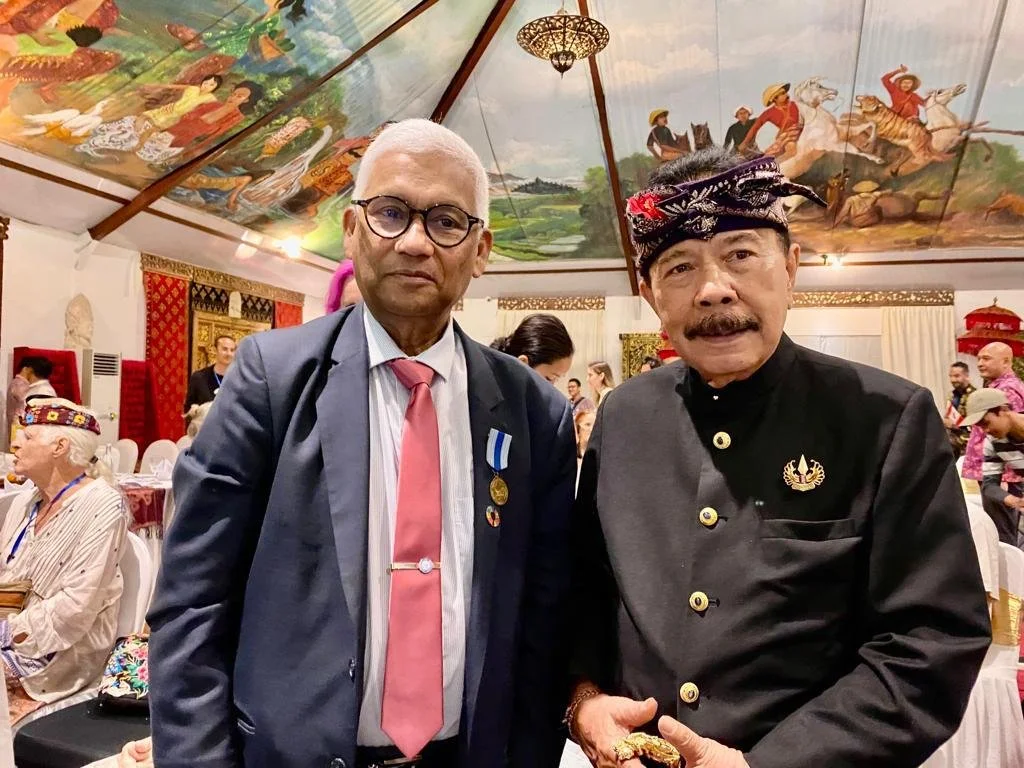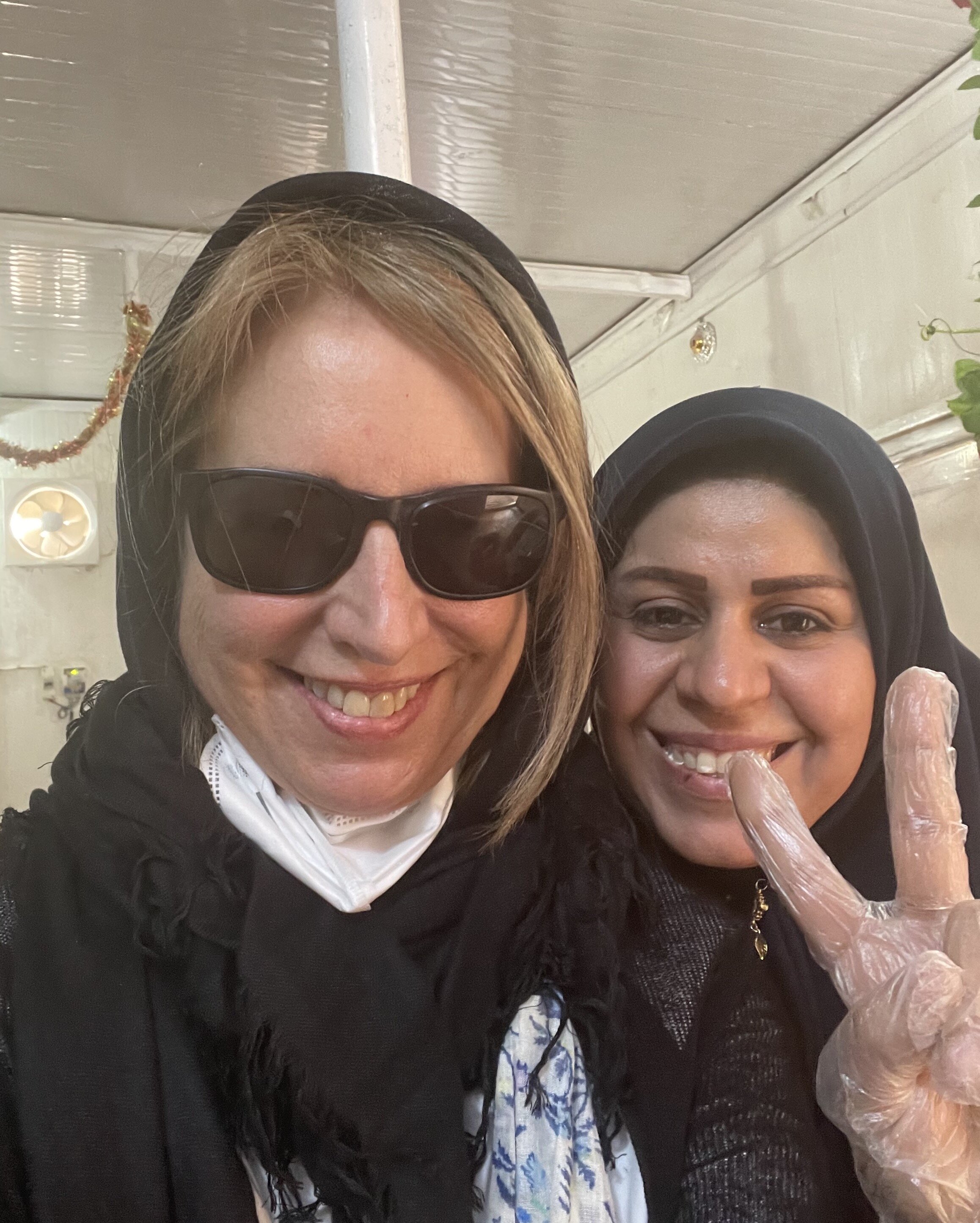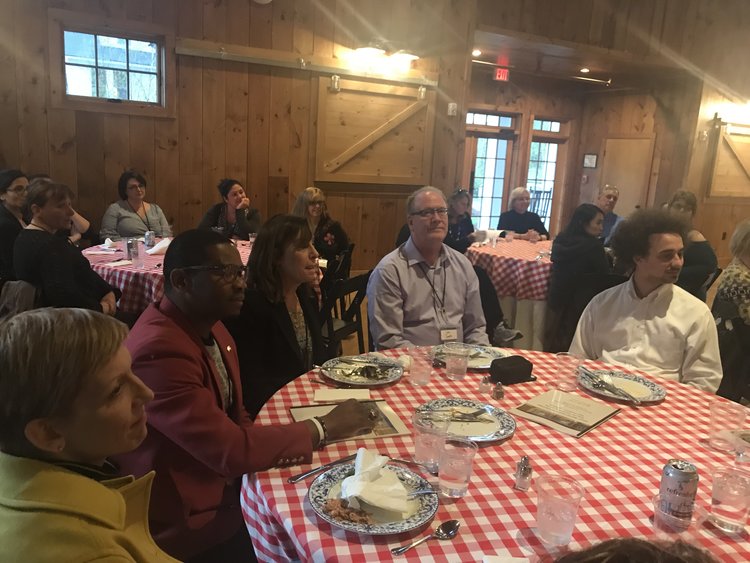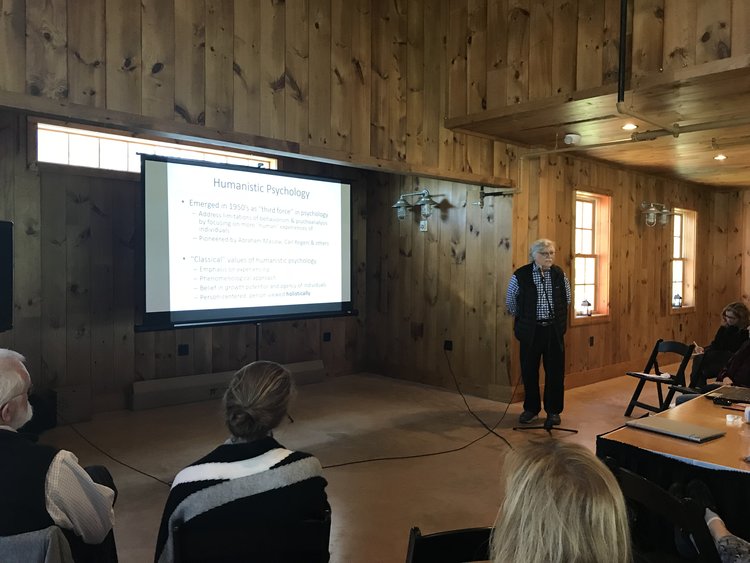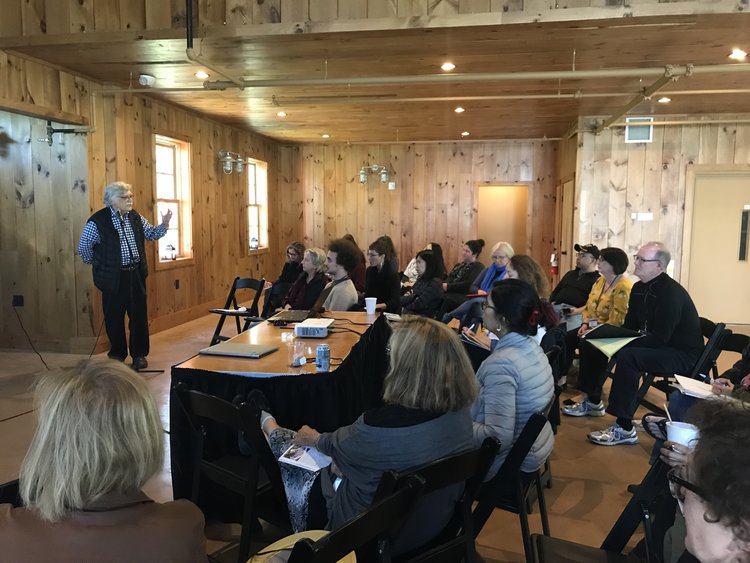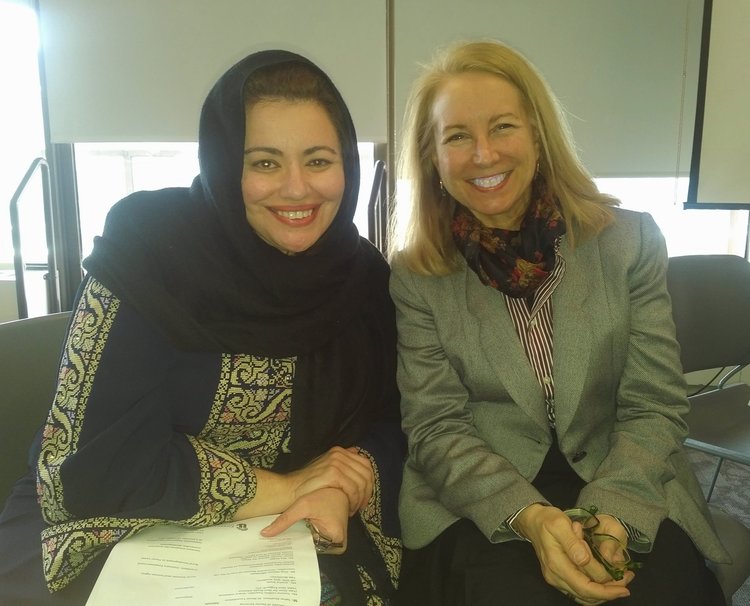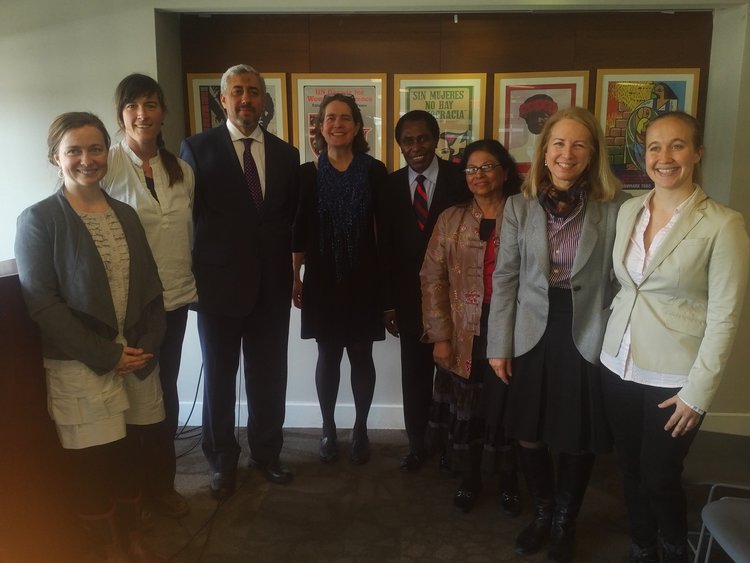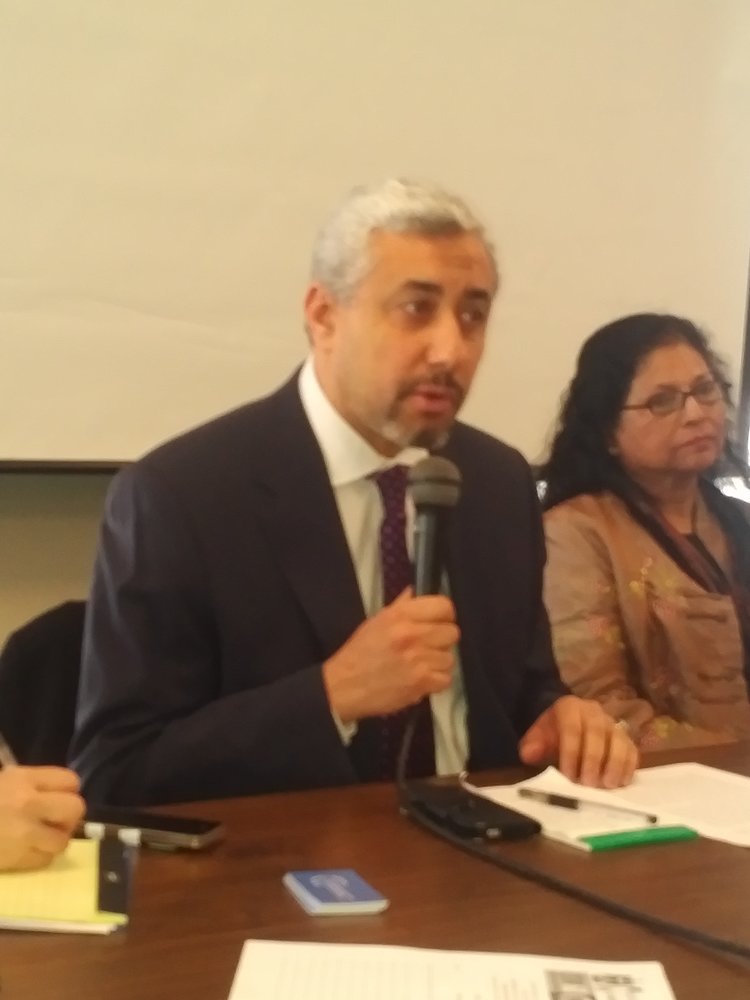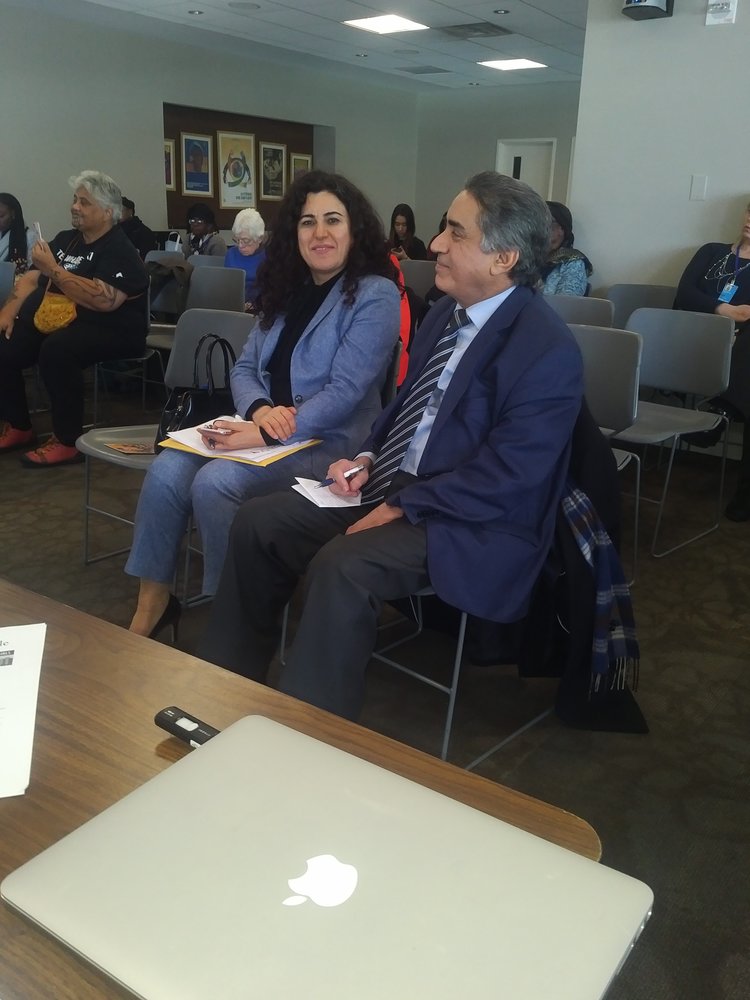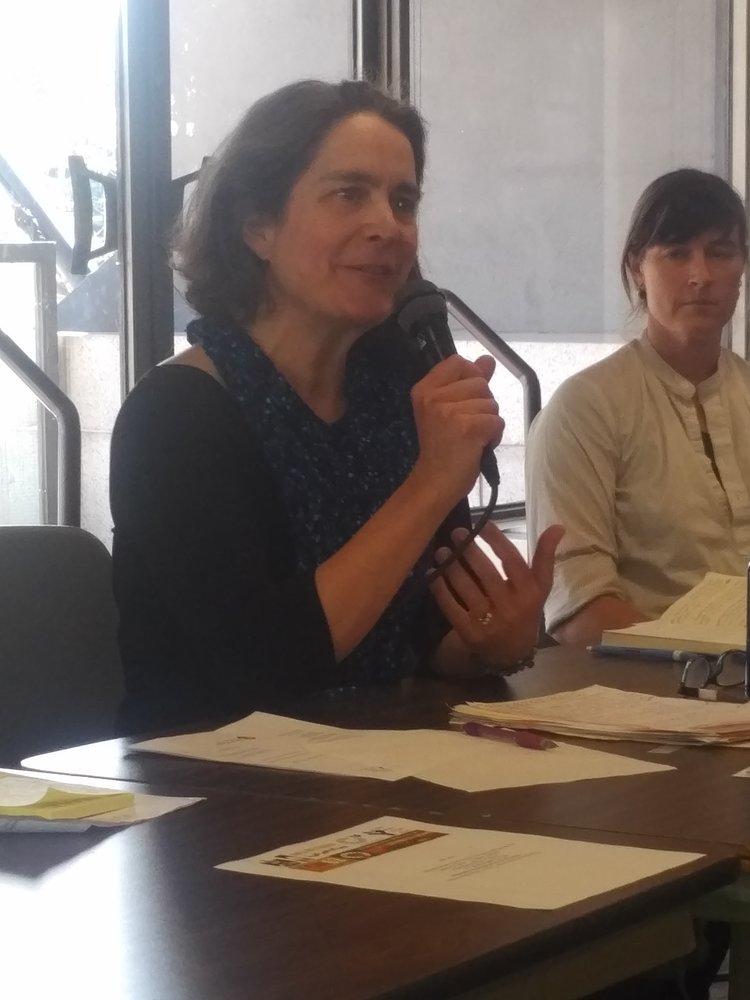
Climate, Security and Humanitarian Challenges - Discussion on Climate Refugees
How the small state of Vermont is trying to become a leader in refugee resettlement
JUANA SUMMERS, HOST:
The U.S. immigration debate has largely focused on the illegal entry of migrants through the U.S. southern border. Most come from Central and South America. The people who often get left out of conversations about immigration are refugees - people fleeing war or persecution. Vermont has a big refugee problem, despite being one of the smallest states, and it's working to resettle hundreds of people from Haiti, Eritrea and Afghanistan. NPR's Sergio Martínez-Beltrán has our story.
SERGIO MARTÍNEZ-BELTRÁN, BYLINE: The community library in Manchester, Vt., is a beautiful building on a quiet road. Lush trees adorn the surroundings here. This library is one of the informal meeting points for the recently arrived Haitian refugees. Jean Gerard Jusmi (ph) is one of them.
JEAN GERARD JUSMI: Vermont is very quiet. Yes, it's very quiet. I can say very organic, too.
MARTÍNEZ-BELTRÁN: Jusmi comes here for the free Wi-Fi. He enjoys volunteering at the local community garden, growing lettuce and tomatoes. A high school math and physics teacher back in Haiti, Jusmi here works in a hotel during the day and at a New England bistro at night, making salads and desserts. He says he left his homeland in April, due to growing lawlessness and gang violence. Basic government services once again collapsed.
JUSMI: There is a bad situation in Haiti. (Inaudible) the gangs there - you know, bad situation right now.
MARTÍNEZ-BELTRÁN: According to the United Nations, gang violence has displaced nearly 600,000 Haitians this year alone. More than 200,000 Haitian migrants, like Jusmi, have resettled in the U.S. Vermont is a state that has put out a welcome mat.
TRACY DOLAN: So it's the right thing to help people and to give them refuge.
MARTÍNEZ-BELTRÁN: Tracy Dolan is the director of Vermont's State Refugee Office.
DOLAN: There are more refugees around the world than there have ever been. Most never get the chance to actually find safety beyond a temporary camp in another country.
MARTÍNEZ-BELTRÁN: Since October of last year, the U.S. has resettled over 86,000 refugees from around the globe. That's the biggest resettlement since 1995. Vermont has already settled about 300 refugees this year. They have a goal of 400 by the end of September, but Dolan says there's a problem.
DOLAN: Housing has been the biggest challenge, both the cost of it - it's expensive - but primarily the availability.
MARTÍNEZ-BELTRÁN: A housing assessment made by the state government said Vermont needs up to 36,000 additional year-round homes in the next five years to meet overall housing demands. So resettlement agencies have had to get creative to find housing. Assisted living facilities, restaurants and hotels in Manchester have offered rooms free or at a reduced price for refugees who work there. Yvonne Lodico is the founder of Grace Initiative Global, one of the nonprofits resettling refugees in Vermont.
YVONNE LODICO: So we have been able to meet our housing challenge almost all through the support of employers.
MARTÍNEZ-BELTRÁN: Still, Lodico says her agency is also looking to rent a house with multiple rooms, as more and more refugees are resettled here.
LODICO: The challenge to that will be, of course, putting the right people together. We cannot have some people who don't eat pork with people who do eat pork, for example.
MARTÍNEZ-BELTRÁN: Lodico says those religious and cultural differences need to be taken into consideration. Her agency has been able to bring nearly a hundred refugees to Vermont since last year, most of them Haitians. Jean Gerard Jusmi is part of a hotel maintenance crew here. His employer gave him his own small room in a building on the property.
JUSMI: I come to work in the United States to help my family, my wife, my kids. You know, I have two kids. They stay in Haiti.
MARTÍNEZ-BELTRÁN: He says he's grateful for the opportunity and the help that he's received from the community.
JUSMI: I really like Vermont. I don't want to leave Vermont. I don't want to quit Vermont.
MARTÍNEZ-BELTRÁN: Jusmi says his next goal is to bring his wife and two children to his adopted hometown. Sergio Martínez-Beltrán, NPR News, Manchester, Vt.
